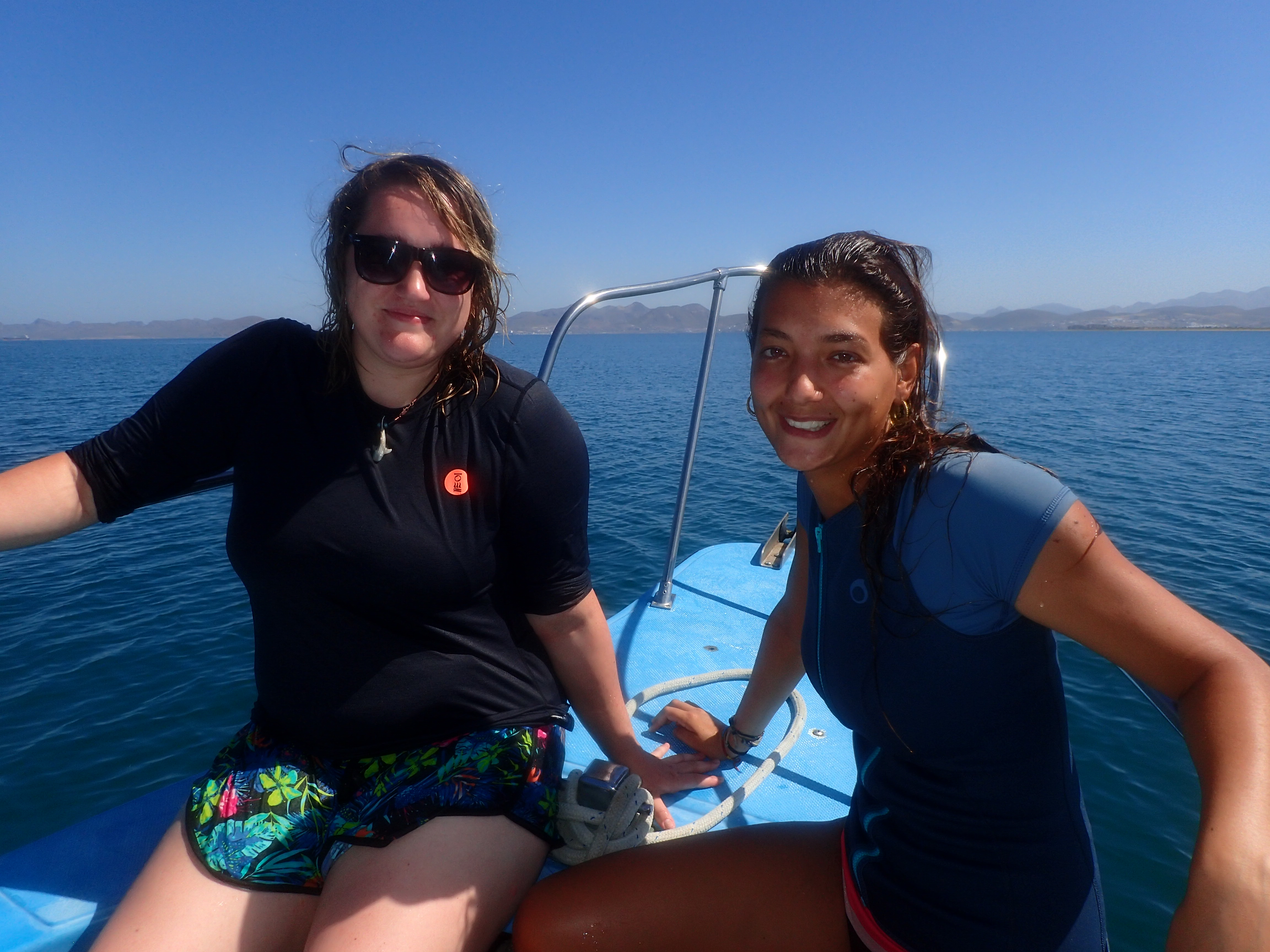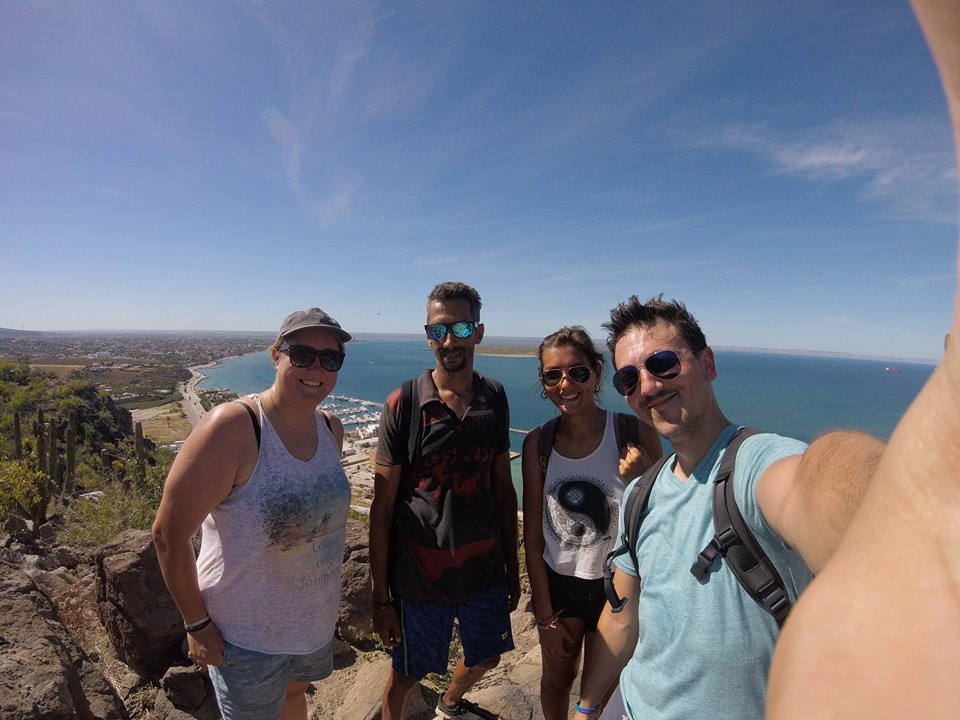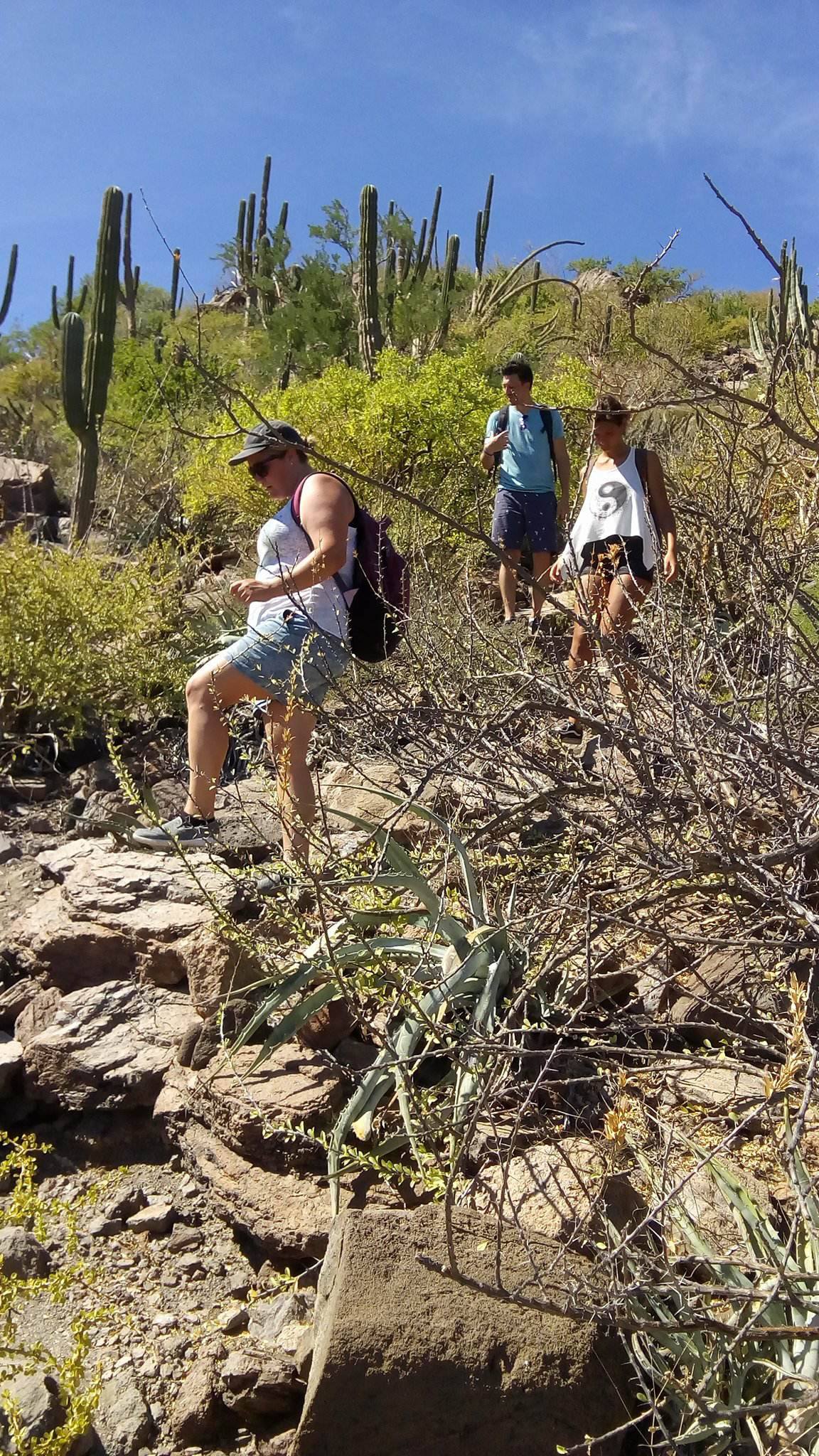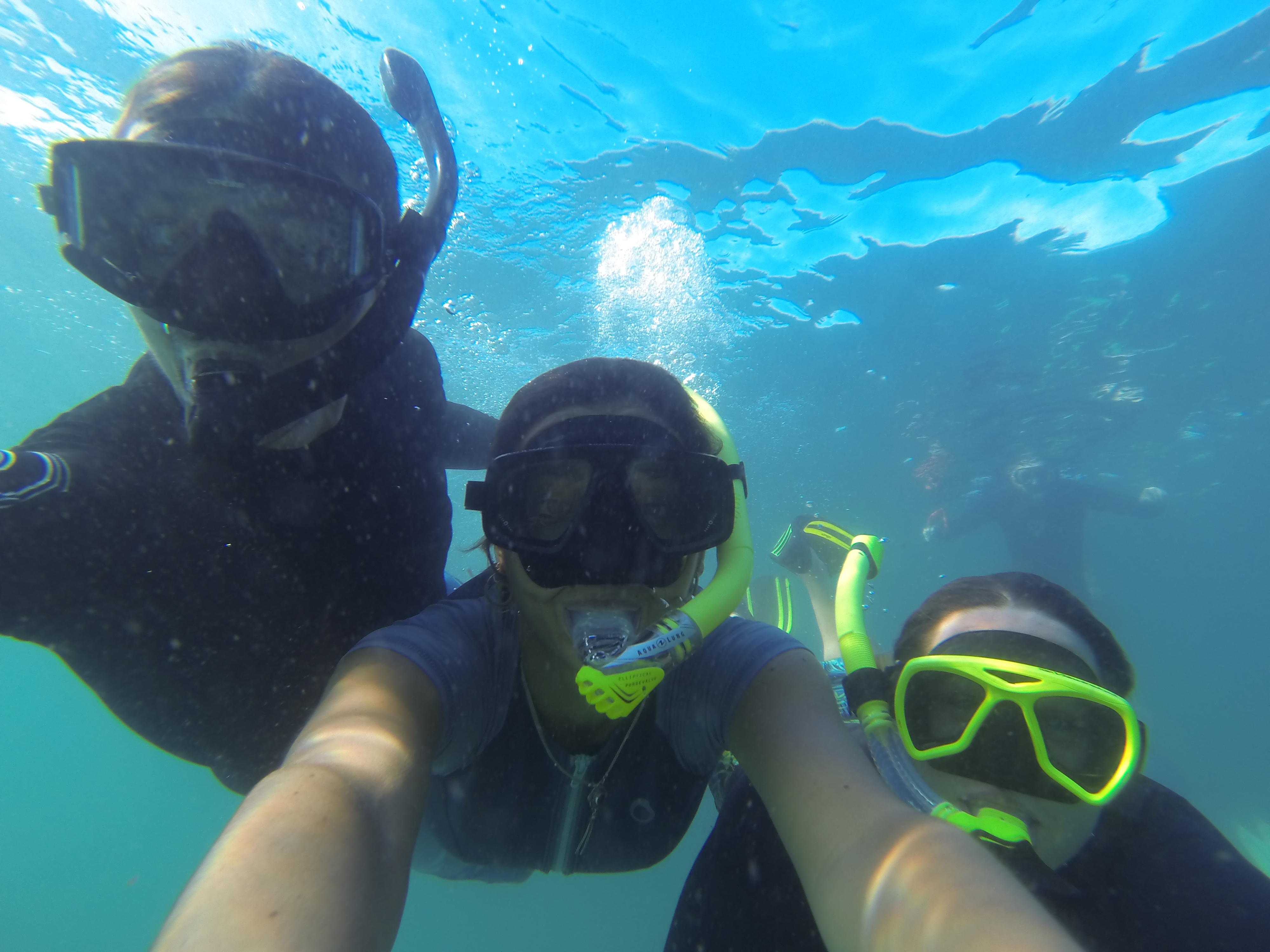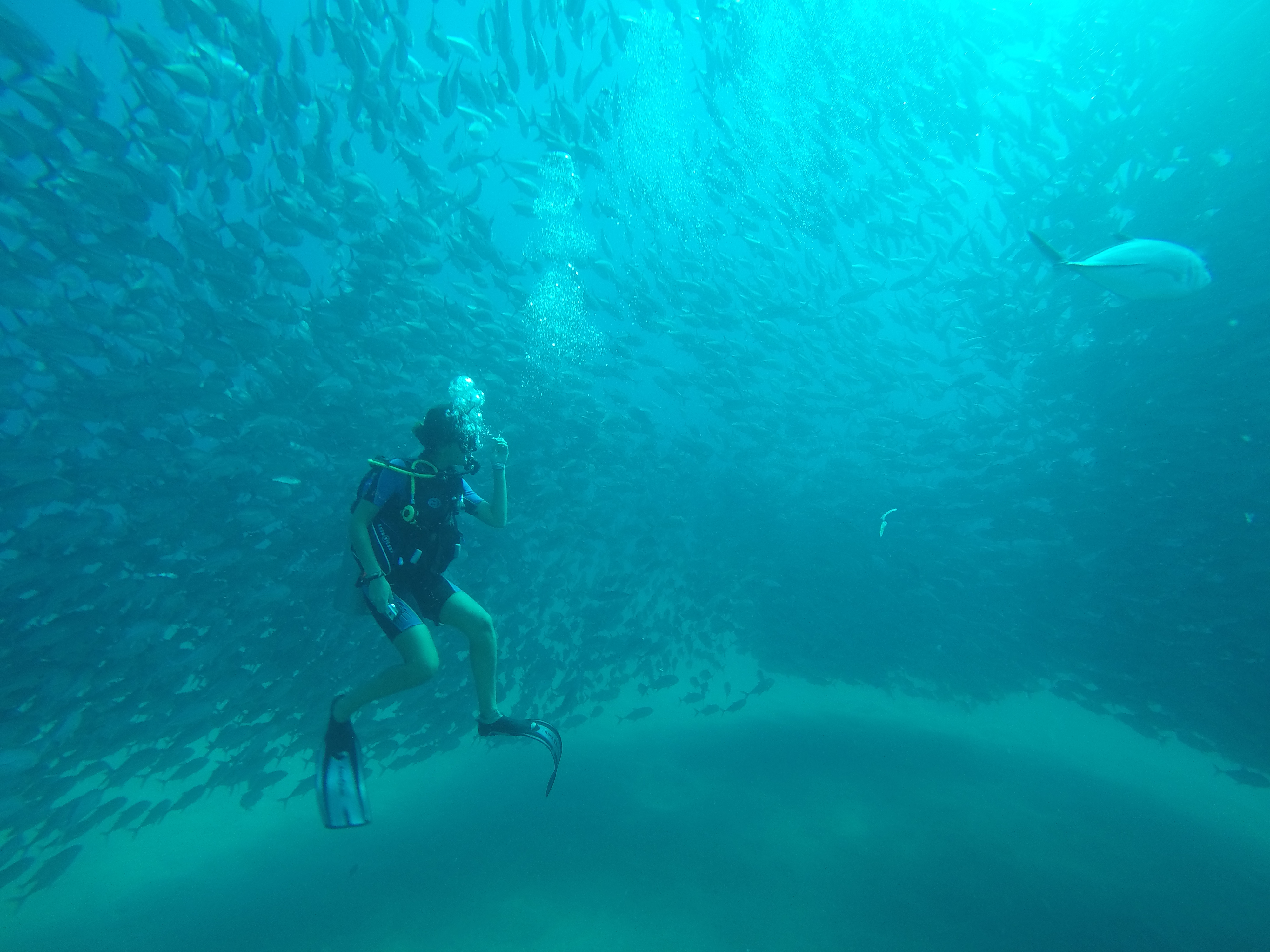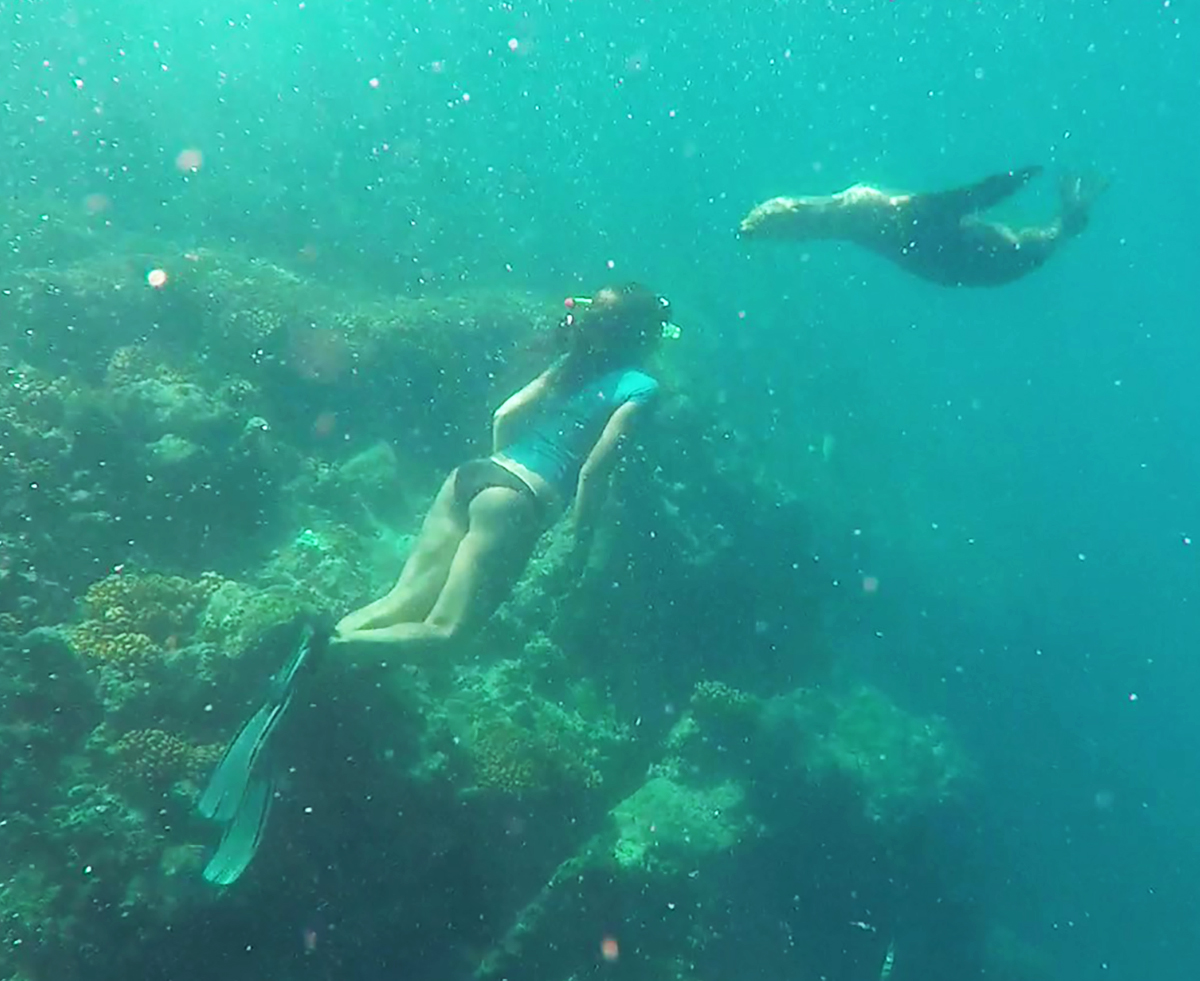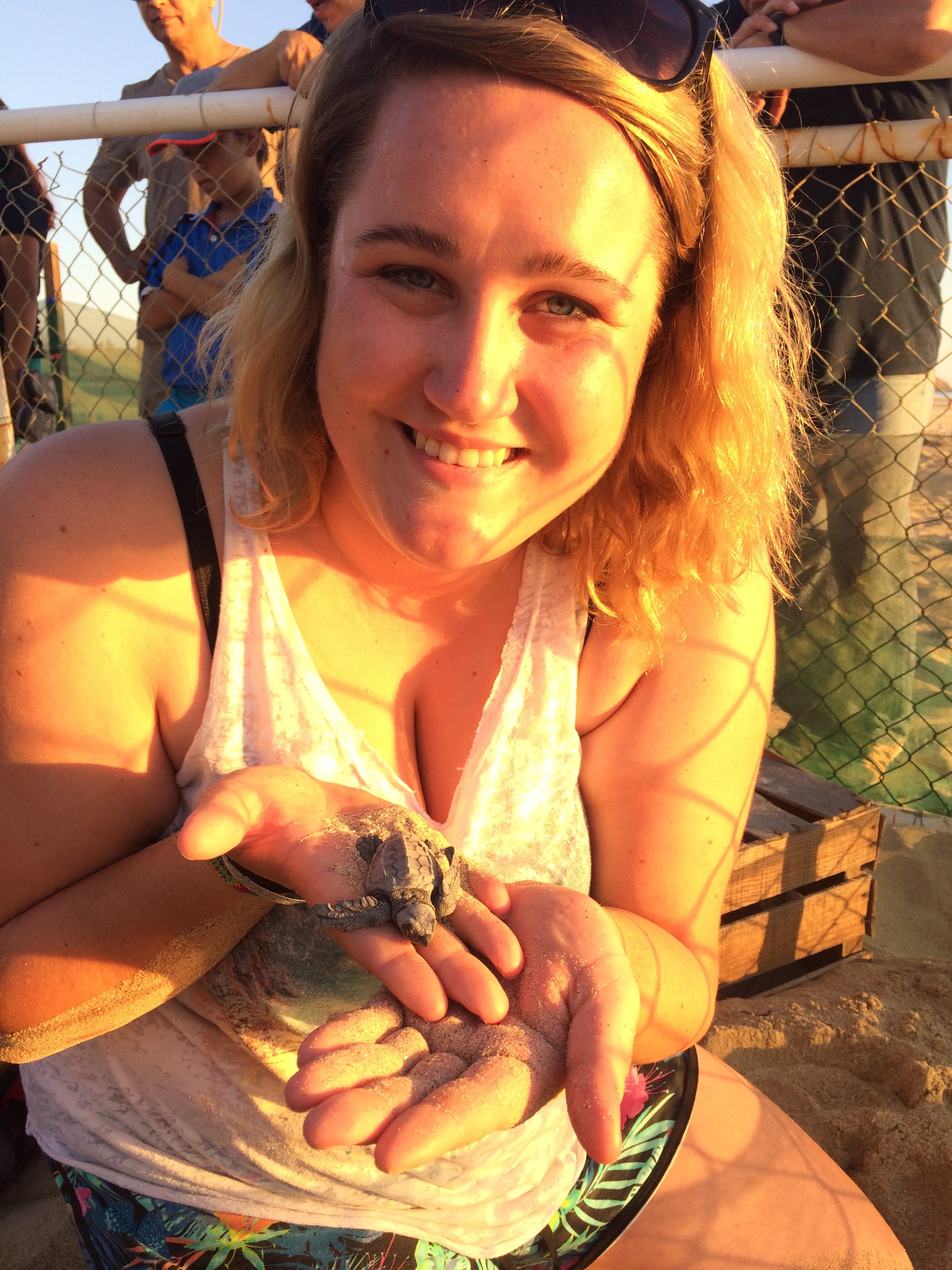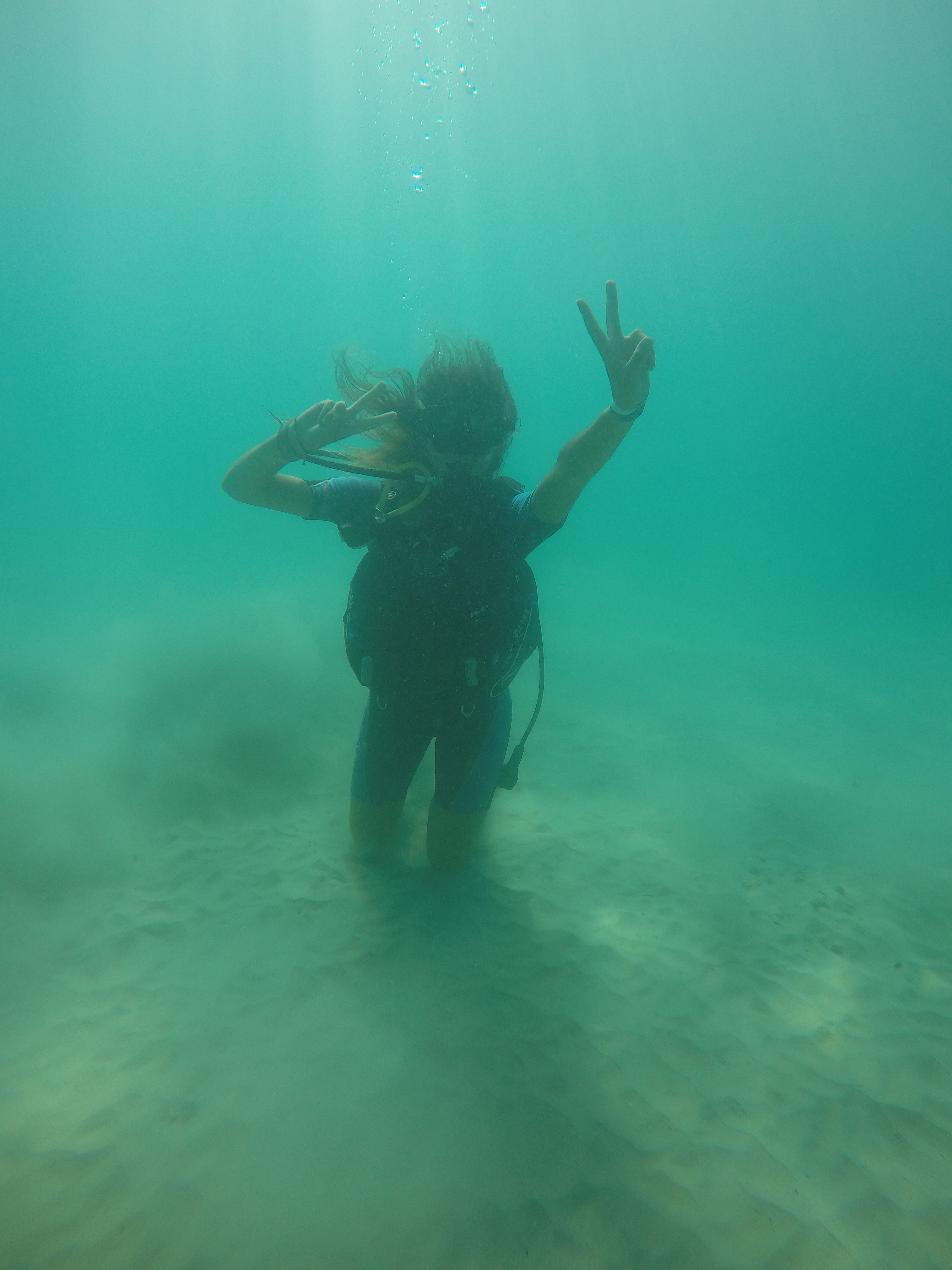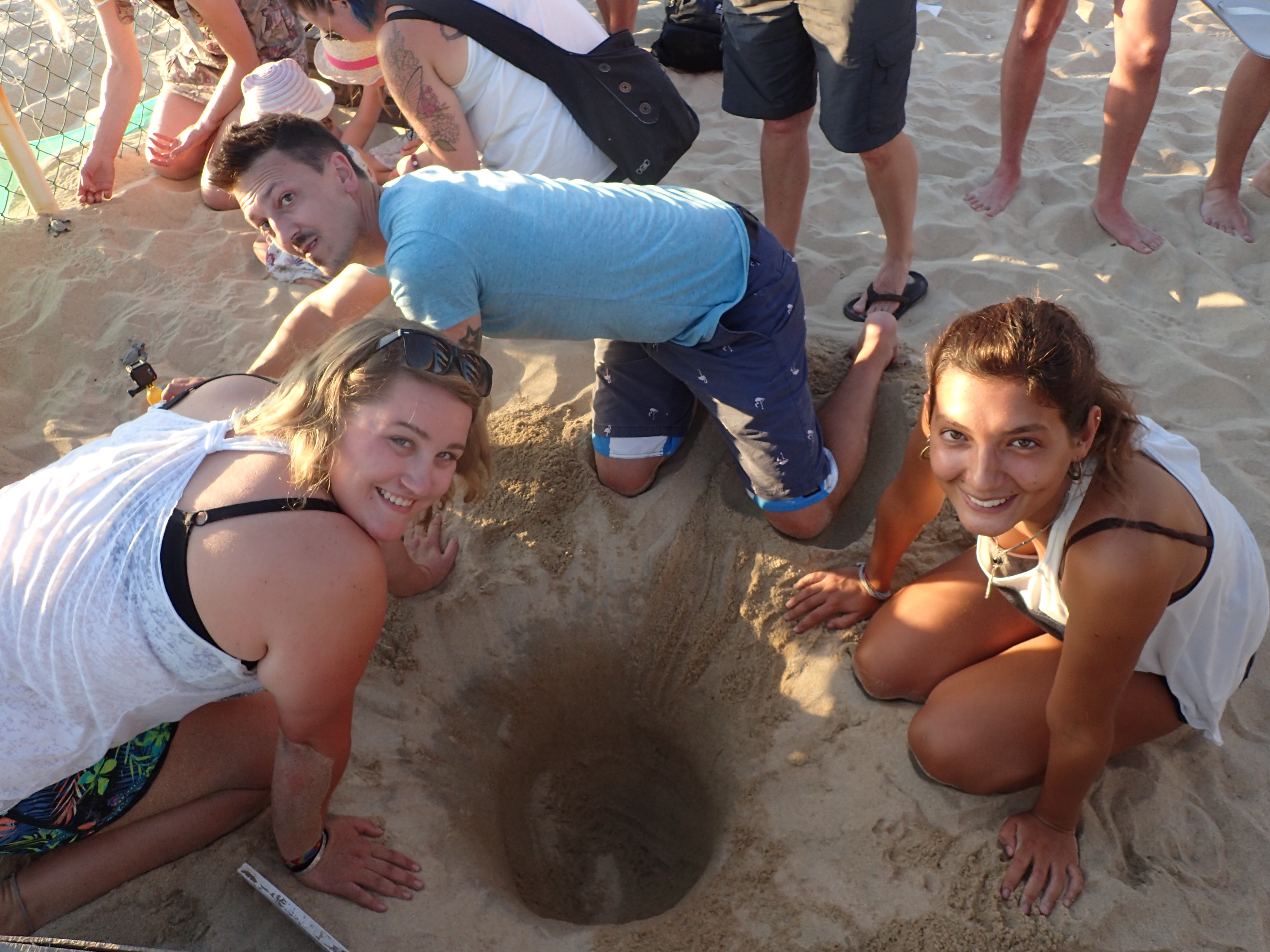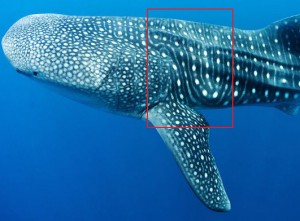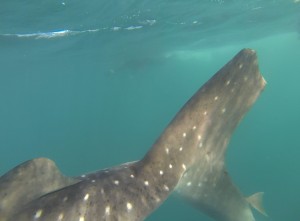Whale Shark Diaries Conservation Internship Programs are available seasonally in La Paz, Baja California Sur, Mexico
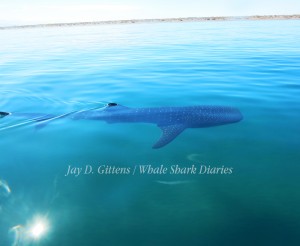 The whale shark, Rhincodon typus, is listed on the International Union for Conservation of Nature’s (IUCN) red list of threatened species as endangered. The need for placing whale sharks into this classification is due to significantly decreasing sightings and landings of the species at some localities – a trend resulting partly from targeted fisheries at a number of sites globally.
The whale shark, Rhincodon typus, is listed on the International Union for Conservation of Nature’s (IUCN) red list of threatened species as endangered. The need for placing whale sharks into this classification is due to significantly decreasing sightings and landings of the species at some localities – a trend resulting partly from targeted fisheries at a number of sites globally.
Meanwhile, natural encounters with the majestic whale sharks are growing in global popularity due to their massive size, docile nature and the high likelihood of an interaction at certain aggregation sites.
Concerns have been raised about situations where this lucrative and economically important tourism activity has had a negative impact on certain species including whale sharks.
One issue is injuries inflicted on the whale sharks from boat strikes. Injuries can range in severity from small nicks to deep lacerations and amputations caused by boat propellors. Blunt traumas also occur from boat collisions. However, human-caused mortality rates of whale sharks are unknown.
Whale shark tourism needs to be properly managed to protect both the species and the tourism industry, which is important for the local economy.
Whale Shark Diaries contributes to global research, collecting vital data necessary to gaining a better understanding of the whale sharks of the Gulf of California (aka – the Sea of Cortez).
Whale Shark Diaries is seeking individuals to join our team as conservation interns. You’ll be given a unique opportunity to gain a basic grounding of the work of conservation biologists working for the conservation and protection of whale sharks in the Gulf of California / Sea of Cortez in Mexico.
Research areas and interests include;
The spots and stripes pattern of a whale shark is unique to each individual much like the fingerprint of a human being. This whale shark ‘fingerprint’ does not change as the animal grows which means we can monitor the movements of individuals between localities, make estimates of abundance, study population dynamics and evaluate site fidelity. The accepted ‘standard fingerprint’ is the area between the fifth gill slit and the first dorsal fin as shown in the photograph. We maintain our own photo identification library and newly discovered whale sharks are also uploaded to the Wildbook for Whale Sharks, a Wild Me project engineered by Jason Holmberg which consists of a global whale shark database and visual library of whale shark encounters. The database is maintained by marine biologists and citizen scientists from across the globe and the information is used for collaborative research to better understand and protect the species.
- Migratory studies
Little is known about where all of the whale sharks go when they migrate. Connectivity has been demonstrated between localities within the Gulf of California and also at one site on mainland Mexico but we can not account for all of the sharks. This means there are many pieces missing of the migratory pathways of the whale sharks in our region. Could they be residing in deeper water out of our reach during certain months of the year? Or are they simply feeding in surface waters in a place that we have not yet looked due to remoteness of the area(s)?
Whale Shark Diaries has recently began a collaborative project to search for likely unidentified locations that may have the right seasonal conditions to support a feeding aggregation of whale sharks.
It is common knowledge that around 60% of the whale sharks in La Paz bay have visible boat-caused scarring . Often when new, un-scarred sharks are identified in the bay, later encounters show that some are inflicted with boat injuries within weeks or months of their arrival. The injury analysis data, including video footage and photos, give us the opportunity to raise awareness and improve training with local whale shark tour operators. We are looking to back up this study with some behavioural data in the near future (see behavioural studies below).
Please note: The exact projects you will work on will depend on the time and duration of your stay. We work on photo identification and injury analysis throughout the season but other studies may be shorter in duration. We will ensure you get to work on as many projects as possible during the time you are here to give you a good insight into the life and work of a whale shark conservationist.
All in-water activities that interns are involved in around the whale sharks are within the confinements of the codes of conduct concerning tourist interactions with the species.
Internship Opportunities 2020/2021 season
Whale Shark Diaries Internship Program has limited spaces for conservation interns. Our small team size means that each intern will receive a personal level of attention to their skills development throughout the program. We take your training very seriously and hope you will make the most of your time with us and maybe even go on to use your newly-found skills on other conservation projects in the future.
It is possible to join a program for as little as one week but preference will be given to candidates who can commit to a longer term.
Whale Shark Diaries provides a house for the interns close to the city centre and other ammenties. Utility bills are covered (internet, gas, municipal water and electricity). Food is not included in the project participation fee however cooking facilities are provided. A wide choice of good quality fresh food is readily available and relatively inexpensive.
Please note that flights and travel insurance are not included in the participation fee.
Cultural immersion activities
We will arrange a number of fun cultural activities including (but not limited to);
- Activities and talks in schools, orphanages, community centres and other venues [school talks are not possible in holiday periods or at times of school examinations
- Beach and mangrove clean up events
- Mexican cooking classes
- Various social events
- Optional additional trips (*some trips may have an additional fee as we use responsible local tour operator partners for these)
Applications are welcome from anyone eligible who has a genuine interest in marine conservation and of course, whale sharks.
Eligibility:
- Minimum age: 18. No maximum age, but all volunteers must be physically fit enough to carry out all boat duties.
- Participants must be motivated and enthusiastic about conservation of the natural environment, passionate about the ocean and should have an interest in biological studies.
- Relevant experience and/or studying marine biology, conservation, environmental studies or related field is desirable but not essential.
- Ability to work in varying conditions.
- Must be a confident swimmer with capable snorkeling ability or willing and able to quickly learn.
- Comfortable at sea and working on boats. No experience necessary but if you suffer badly from sea sickness then there will be days you will find the field work impossible.
- Interpersonal skills, initiative, enthusiasm and the ability to work within a team are essential.
- Personal insurance. All volunteers must have their own insurance, and documented evidence must be provided to Whale shark Diaries prior to volunteer arrival.
Important notice: Your internship should be treated as work and not as a sightseeing trip of Mexico. Any additional excursions you wish to do should be done either before or after your internship program. Respect for the project, its staff, the interns housing and the local residents should be maintained at all times.
*Prices are in United States Dollars (USD). A minimum of two interns is required at any one time for the internship program to be able to run. For this reason, candidates should try to be as flexible as possible with their start date.
La Paz, Baja California Sur, Mexico: Fall and winter 2020/2021
| Program Dates | Location | Program Length | Cost | Availability |
|---|---|---|---|---|
| Oct 22 2020 – Dec 16 2020 | La Paz | 8 weeks | $2,995 USD | Open |
| Within above dates | La Paz | 6 weeks | $2,495 USD | Open |
| Within above dates | La Paz | 4 weeks | $1,995 USD | Open |
| Within above dates | La Paz | 2 weeks | $1,195 USD | Open |
| Within above dates | La Paz | 1 week | $695 USD | Open |
| Dec 21 2020 – Jan 04 2021 | La Paz | 2 weeks | $1,195 USD | Open |
Later dates will be published shortly. Contact us if you would like to register your interest in an internship program beginning after the dates shown.
All monies are used to directly fund your internship and the various projects, activities and equipment needs of Whale Shark Diaries.
A non-returnable deposit of 15% is required to secure your place. The balance will become due no later than 60 days before your program start date. If less than 60 days to start date at the time of booking, full payment will be required.
You will be sent an Intern Pack once your deposit is paid with more information about the area, the house, the internship, what you’ll be expected to do on the boat and in the office, and what to bring with you.
How to apply
Send your cv / resume together with a covering letter highlighting your motivations for your application as a whale shark conservation intern by clicking the APPLY NOW button below.
Please enter “Whale Shark Conservation Internship Application” in the subject line
Your cv / resume should be in Word or PDF format and attached to the contact form. Your covering letter can also be a Word or PDF attachment or you can simply type it into the body of the email.
NOTE: If you have any difficulties using the contact form, then send your application to… whalesharkdiaries@gmail.com
We look forward to receiving your applications.
Like and Share Our Facebook Page and Follow Us on Instagram
Facebook Page [scroll down for Instagram]

